People who are addicted to drugs or alcohol undergo addiction treatment to become sober. The prevalence of addiction in the United States is staggering. Millions of people suffer from drug and alcohol addictions, and most of them do not get the treatment that they need. Because of so many people being addicted to alcohol and drugs, addiction treatment is in high demand. Although there are more than 14,500 special treatment centers, demand still far exceeds supply. Rehabs provide treatment options lasting weeks or months. These treatment centers are for people who are open to the idea of treatment because they realize they have an addiction problem but don’t know what to do about becoming sober. When it comes to pricing, It is difficult to talk about an average on how much rehab costs. Prices can vary depending on a large number of factors, such as the location of the rehab, the rehab provider, and the type of addiction. A high-quality residential rehab center could cost thousands of dollars per year, but it is possible to get outpatient treatment at a much lower cost. Additionally, local, State, and Federal funding are also available.
The Different Type of Addiction Treatment Centers
Various types of care are available for different needs. Residential treatment centers provide users with a place to live so that they can focus on their recovery without getting distracted by the need to go to a job or raise a family. This type of treatment center is typically situated in an idyllic setting, which speeds recovery because it helps people feel more at peace and serene. These centers offer both short-term residential programs, which last from thirty days to ninety days, and long-term residential treatment centers that last six months or longer. People in residential programs typically have access to all kinds of amenities, including opportunities for outdoor sports such as horse-riding or hiking on trails. In contrast, outpatient treatment provides services in a place where people can still maintain their regular family life and hold down a job while getting regular treatment. This type of care is often used for people who are classified as “high-functioning alcoholics.” Basically, this means that they can still function in society despite their addiction. Finally, there is intensive outpatient care. This provides treatment services in a place where the people can still live at home and get treatment. These rehabs are similar to regular outpatient treatment, but as the name suggests, they receive far more intensive treatment than regular outpatient care. Different approaches can be used to treat drug rehab patients depending on their specific addiction. Psychotherapy and group therapy are the two most common types of treatment. Psychotherapy is usually one-on-one with a psychologist or psychiatrist. The treatment modality that is often used is Cognitive-Behavioral Therapy (CBT). This type of treatment for drug abuse and addiction is available in many different settings. It combines behavioral and pharmacological techniques. In CBT, the focus is on changing the thought processes that lead to drug use. Treatment focuses on preventing or controlling high-risk situations that may lead to relapse. Studies have shown that CBT is one of the most effective therapeutic modalities for treating drug abuse and addiction. Individuals can reduce their drug use, reduce cravings, and improve their coping skills. Additionally, CBT decreases the time spent in stressful situations and improves relationships with family members and loved ones. Meanwhile, another treatment modality, group therapy allows people who have similar problems to discuss their concerns with other members of the group. Members learn from one another and strive to build healthy social relationships. Furthermore, group therapy offers patients an outlet for expressing themselves, which is sometimes difficult for those suffering from addiction. A group is a helpful place for individuals suffering from addiction learn how to avoid common challenges on their recovery journey. Additionally, members can provide feedback on whether they feel understood by others and how they are feeling. Aside from its therapeutic benefits, group therapy also benefits society by giving addicts the opportunity to rebuild their social skills and respect for the community. In conclusion, treatment for drug abuse and addiction can be conducted in many different settings, using a variety of behavioral and pharmacological techniques that allow for rehab. Residential treatment programs offer medical detox from drugs or alcohol as well as individual and group counseling. Meanwhile, outpatient programs and intensive outpatient programs offer similar services as residential programs, such as individual counseling and group therapy, but do not offer physical detox from medications. Call us at 424-499-2603.










